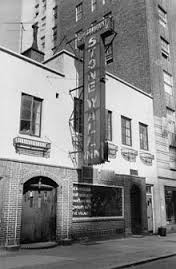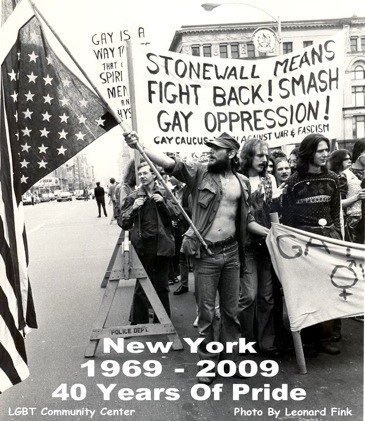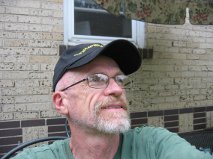several possible definitions for “the norm.”
Two of them are as follows: “Something that is usual or expected,” and
“A widespread or usual practice.” Based
upon those two definitions, I certainly am not “the norm.” Who knows why? I’m sure it’s mostly inborn. Perhaps I have inherited more unusual genes,
or perhaps I even have alien genes from some other planet. All I know is that I certainly am not like,
what seems to be, the usual American person.
football – – – if I have to, but I never have become screamingly excited about
the commercial mega-business of football where the NFL commissioner makes
forty-four million dollars per year and has a special relationship with the
owner of the Patriots who helped him get that job. The local football franchise, win or lose,
does not affect my life. If they win, I
don’t receive a check, and I never have received an eleven million dollar
signing bonus. I just am not like, what
appears to be, the majority of Americans who live and breathe football. I’m not part of that norm.
inclined to riot after a game, becoming drunk, joining a mob in the streets at
midnight, jumping on cars, and burning couches.
It happens so frequently, especially with young people, that it seems to be the norm, but I’ve never been
part of it.
enjoy diverse forms of music: jazz, bluegrass, folk; but I have an especially
deep understanding and passionate love of serious music. It’s just part of me; I was born that
way. I don’t have the physical
capability to be a great pianist or superb singer, but I am capable of
recognizing those relatively few, fortunate individuals who do have those
gifts. Also inborn, I have a natural
aversion to that large percentage of painfully untalented rock-noisicians and
screaming pop stars, those who have deluded themselves, along with huge mobs of
fans, into believing that they have great musical talent. I never have been part of those mindlessly
enraptured and drug-intoxicated mobs. I
am not part of the norm.
for innate quality as opposed to superficial value. This is true with humans as well as material
goods, architecture, and fine arts. For
example, the Wall-Street huckster who used eighty-seven million dollars of
government bail-out money to refurbish his office does not garner my
admiration, even when he looks good in two-thousand-dollar suits and drives a
Ferrari. It seems to me that most people
are easily impressed with wealth and power.
I’m not; I’m not part of the norm.
There are people in this room with love in their hearts and who have
credited themselves with acts of kindness whom I admire far more.
seen, far too often, examples of politicians and business people lying,
cheating, and committing acts of character assassination. Greed and corruption appear to be so
prevalent that it now appears to be the norm.
I cannot be part of that norm; it’s just not within me. I could not be, what often is thought of as,
the “successful business tycoon” because I do not have barracuda or shark
blood. I could not be an influential
politician because, the moment I tried manipulating people or lying, I’d turn
green and throw up.
good people, people whom I would admire if I met them and some that I have met
and do appreciate. They may not be the
majority of the world’s population, but there must be a good number of them. Separate them out from the masses, let them
stand alone, and I’d be comfortable being part of their norm.
the Author
and their life stories. I also realize
that, although my own life has not brought me particular fame or fortune, I too
have had some noteworthy experiences and, at times, unusual ones. Since I joined this Story Time group, I have
derived pleasure and satisfaction participating in the group. I do put some thought and effort into my
stories, and I hope that you find them interesting.





